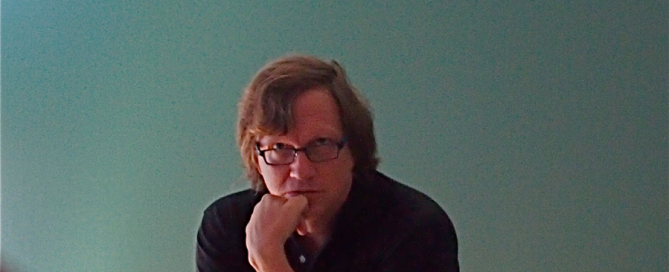Is Philosophy Dead? On the Bittersweet Relationship Between Science and Philosophy
Is philosophy dead? Well over the past few years a number of scientists and researchers have said that we don’t need philosophy, philosophy should not be taught, it is waste of time and some have suggested that philosophy is dead. This is obviously a question that should be discussed at Bridging the Gaps. Tim Maudlin, professor of philosophy at New York University, says that the scientists, particularly physicists, who suggest that philosophy is dead, simply don’t know what is done now-a-days in philosophy of physics.
An important point that Maudlin makes is that if there are philosophers who intend to write about physics and have no expertise in physics, perhaps this is not a good idea. In his view one of the main reasons that negative remarks are bing made about philosophy is that philosophers are writing about topics without having expertise in these areas. Maudlin says that if you want to know about the nature of matter, and nature of space and time, and if you want to understand large-scale structure of cosmos, you need input from science.
Maudlin says that tendency in the last forty years has been that philosophers become more and more competent in the particular sciences that they intend to comment on. He notes, “particularly in physics we get people whose training is in physic”. A number of researchers with undergraduate degrees in physics, and some even with doctorates in physics, feel that foundational issues in physics are not appreciated and supported in physics departments. They drift over into philosophy department so that they could easily pursue very foundational and conceptual questions.
Maudlin highlights that scientific theories are often not entirely clear in their standard presentations about what they are saying about the physical world. He acknowledges that it seems strange that a physicist might not quite understand what his / her theory says about the physical world, but the fact is that you can do a lot of physics by just doing mathematics, you learn to calculate, you learn to generate numbers and you use those numbers of make predictions. You can do all that but when asked very basic question about what the physical picture of the world is that is being presented by this theory, the physicist have nothing to say about it. These are sort of things that philosophers are most interested in.
An interesting point is that critical thinking is considered to be at the core of scientific method of investigation. Scientists and researchers have always emphasized the importance of critical thinking. Can it be said that critical thinking is an important element of philosophical thinking as well? And if this is correct then one can say that science and philosophy complement each other, and should strengthen our efforts to extend the boundary of knowledge and understanding. Maudlin shares his views on this.
After discussing the bittersweet relationship between philosophy and science, we touch upon a number of other topics that Tim Maudlin’s research focuses on, these are:
- Nature of Time: is time real, or is it just an illusion? Is time directional?
- Nature of Spacetime
- Quantum Physics and Entangled Particles
- Observer Effect and Wave Collapse Function
- Structure of the Universe at the Plank Scale
- The title of one of your books is the Metaphysic within Physics, is there metaphysics within physics?
- Can philosophy assist and guide us to understand these difficult to understand concepts?
Maudlin has written about the structure of the universe and that why does it appear fine-tuned for life. His view is that the Big Bang state itself arose out of some previous conditions and it is possible that the whole universe is just a small part of everything there is, and that we live in a kind of bubble universe, a small region of something much larger. He says that it is possible that there are many other bubbles, which means, there are other universes, all very different from one another. In that it is possible that few of these universes got fine-tuned to support life. At this point we discuss an analogy that Maudlin has used in his publications that if we give millions of monkeys typewriters, there is high probability that some of these monkey will produce good poetry. Maudlin explains why he uses this metaphor in his publications.
I finish our discussion by asking Tim Maudlin what are major developments and breakthroughs that he envisages in the field of his research in next fifty to sixty years.
Resources
- Maudlin T. (2011). “Quantum Non-Locality and Relativity”, Wiley-Blackwell, 3rd Edition.
- Maudlin T. (2006). “Truth and Paradox”, OUP Oxford, New Ed edition.
- Maudlin T. (2009). “The Metaphysics Within Physics”, OUP Oxford.
- Maudlin T. (2012). “Philosophy of Physics: Space and Time”, Princeton University Press.
- Maudlin T. (2014). “New Foundations of Physical Geometry: The theory and Linear Structures”, OUP Oxford.


Connect With Us